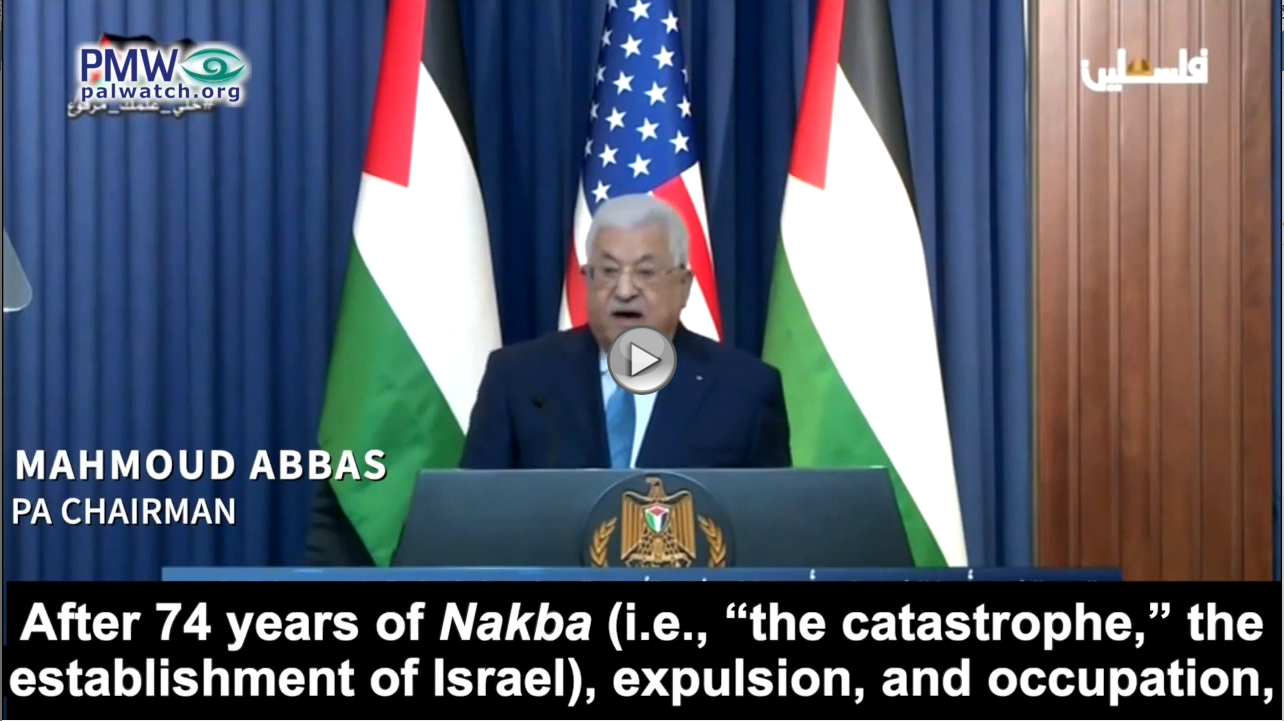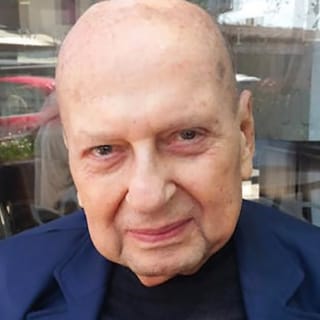Part 3
I am a forgotten Jew.
My experience — the good and the bad — lives on in my memory, and I’ll do my best to transmit it to my children and grandchildren, but how much can they absorb? How much can they identify with a culture that seems like a relic of a past that appears increasingly remote and intangible? True, a few books and articles on my history have been written, but — and here I’m being generous — they are far from best-sellers.
Giulia Bouklhobza, aka Mrs David Harris
In any case, can these books compete with the systematic attempt by Libyan leaders to expunge any trace of my presence over two millennia? I repeat, can they vie with a world that paid virtually no attention to the end of my existence?
Take a look at The New York Times index for 1967, and you’ll see for yourself how the newspaper of record covered the tragic demise of an ancient community. I can save you the trouble of looking — just a few paltry lines were all the story got.
I am a forgotten Jew.
I am one of hundreds of thousands of Jews who once lived in countries like Iraq and Libya. All told, we numbered close to 900,000 in 1948. Today, we are fewer than 4,000, mostly concentrated in two countries — Morocco and Tunisia.
We were once vibrant communities in Aden, Algeria, Egypt, Lebanon, Syria, Yemen, and other nations, with roots dating back literally 2,000 years and more. Now we are next to none.
(On a positive note, the tiny Jewish community in Bahrain continues to thrive, while an emerging Jewish community in the United Arab Emirates, populated by Jews from around the world, offers some hope for a brighter future in the region.)
Why does no one speak of us and our story? Why does the world relentlessly, obsessively speak of the Palestinian refugees from the 1948 and 1967 wars in the Middle East — who, not unimportantly, were displaced by wars launched by their own Arab brethren — but totally ignore the Jewish refugees from the 1948 and 1967 wars?
Why is the world left with the impression that there’s only one refugee population from the Arab-Israeli conflict, when, in fact, there are two refugee populations, and our numbers were somewhat larger than the Palestinians?
I’ve spent many sleepless nights trying to understand this injustice.
Should I blame myself?
Perhaps we Jews from Arab countries accepted our fate too passively. Maybe we failed to seize the opportunity to tell our story. Look at the Jews of Europe. They turned to articles, books, poems, plays, paintings, and film to recount their story. They depicted the periods of joy and the periods of tragedy, and they did it in a way that also captured the imagination of many non-Jews. Perhaps I was too fatalistic, too shell-shocked, or just too uncertain of my artistic or literary talents.
But that can’t be the only reason for my unsought status as a forgotten Jew. It’s not that I haven’t tried to make at least some noise. I have. I’ve organized gatherings and petitions, arranged exhibitions, appealed to the United Nations, and met with officials from just about every Western government. But somehow it all seems to add up to less than the sum of its parts. No, that’s still being too kind. The truth is, it has pretty much fallen on deaf ears.
You know that acronym — MEGO? It means “My eyes glazed over.” That’s the impression I often have when I’ve tried raising the subject of the Jews from Arab lands with diplomats, elected officials, and journalists — their eyes glaze over (TEGO).
No, I shouldn’t be blaming myself, though I could always be doing more for the sake of history and justice.
There’s actually a far more important explanatory factor, I believe.
We Jews from the Arab world picked up the pieces of our shattered lives after our hurried departures — in the wake of intimidation, violence, and discrimination — and moved on. We didn’t stand still, wallow in self-pity, or pass on our victim status to our children and children’s children.
Most of us went to Israel, where we were given a new start. The years following our arrival weren’t always easy — we began at the bottom and had to work our way up. We came with varying levels of education and little in the way of tangible assets. But we had something more to sustain us through the difficult process of adjustment and acculturation: our immeasurable pride as Jews, our deeply rooted faith, our cherished rabbis and customs, and our commitment to Israel’s survival and well-being.
Some of us — somewhere between one-fourth and one-third of the total — chose to go elsewhere.
Jews from the French-speaking Arab countries gravitated toward France and Quebec. Jews from Libya created communities in Rome and Milan. Egyptian and Lebanese Jews were sprinkled throughout Europe and North America, and some resettled in Brazil. Syrian Jews immigrated to the United States, especially New York, as well as to Mexico City and Panama City. And on it went.
Wherever we settled, we put our shoulder to the wheel and created new lives. We learned the local language if we didn’t already know it, found jobs, sent our children to school, and, as soon as we could, built our own congregations to preserve the rites and rituals that were distinctive to our tradition.
I would never underestimate the difficulties or overlook those who, for reasons of age or ill health or poverty, couldn’t make it, but, by and large, in a short time we took giant steps, whether in Israel or elsewhere.
I may be a forgotten Jew, but my voice will not remain silent. It cannot, for if it does, it becomes an accomplice to historical denial and revisionism.
I will speak out because I will not allow the Israeli-Palestinian conflict to be defined unfairly through the prism of one refugee population only, the Palestinian.
I will speak out because what happened to me is now being done, with eerie familiarity, to other minority groups in the region, including the Christians and Yazidis, and once again I see the world averting its eyes, as if denial ever solved anything.
I will speak out because I refuse to be a forgotten Jew.
(Full article at
Letter from a forgotten Jew)
Fifty-five years ago last week, David Harris’s wife, Giulietta, then 16 years old, together with her parents and seven siblings, fled their native Libya. At the time, some Jews were murdered in pogroms, while others hid until they could get safe passage out of the country, never to return...

www.jewishrefugees.org.uk














